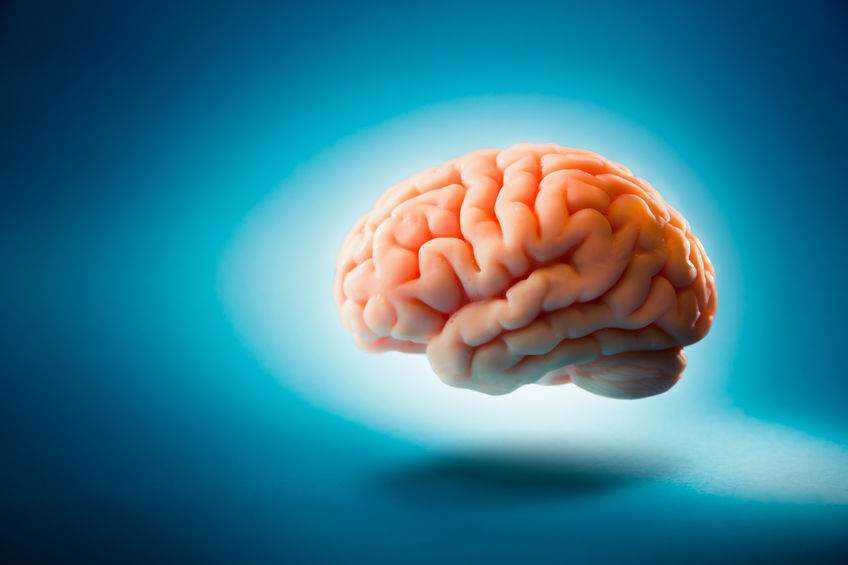By Sean Zucker –
It’s fair to say people are afraid of bacteria right now. But there may be evidence to support that COVID-19 and other infections are far from the only consequence of bacterial contact. The question is whether that consequence is positive or negative for the human brain. Experts suggest that some of the smallest living organisms on the planet may be having a larger than previously thought impact on our noggins. Multiple studies have raised questions linking bacteria to various neurological diseases, brain development and mental health conditions.
This subject has been steadily gaining traction ever since a 2004 study by Kyushu University in Japan. The university focused on two groups of mice, one that had contact with microbe bacteria and one that did not. The researchers found that the microbe-free mice, which otherwise were entirely identical to their germless counterparts, produced twice the amount of stress hormone when distressed than normal mice, suggesting not only a direct impact of bacteria but a beneficial result as well. But the study that started it all may not ultimately be an outlier.
Complimenting the initial findings, further studies seem to suggest bacteria has a positive effect on the brain, specifically in relation to gut bacteria. In 2011, a team of scientists from around the globe published findings in the scientific journal PNAS that suggest gut bacteria may influence how human brains develop and operate, ultimately altering behavior. In a similar experiment to the Kyushu study, PNAS researchers study two groups of mice. Again, with one being exposed to bacteria and one not. The scientists observed that the germ-free mice displayed vastly different behavior from mice with normal microbe exposure, developing more active and engaging in riskier behavior than mice raised with normal microorganisms.
Additionally, when the mice were exposed to normal microorganisms early enough in life, they developed behavioral characteristics as adults similar to those exposed to microorganisms from birth. The study went on to identify signaling pathways involved in learning, memory and motor control that were affected by the absence of gut bacteria, highlighting the profound changes in the mice that developed in the absence of microorganisms.
Despite this, recent studies suggest the bacteria-brain connection may not produce an encouraging relationship. So, ultimately can bacteria affect the brain? A Frontiers study from the UK found evidence that bacterial infection and resulting inflammation in the brain can contribute to Alzheimer’s disease. The researchers used DNA sequencing to examine bacteria in eight Alzheimer’s and six healthy brain samples from a brain bank, analyzing the proportions of specific bacteria present.
Their findings suggest increased bacterial populations and different proportions of specific bacteria in the brains of individuals who suffered from Alzheimer’s, compared to those with healthy brains. David Emery, a researcher from the University of Bristol and an author on the study, noted: “Comparing the bacterial populations showed at least a tenfold higher ratio overall of Actinobacteria to Proteobacteria in the Alzheimer’s brain compared with the healthy brain.” The ratio displays a disparity in the number of bacteria entering the brain.
The Mount Sinai School of Medicine chimed in with research questioning how gut bacteria specifically affect brain functioning. The study brought back the classic mice model to strengthen its findings that specific combinations of gut bacteria produce substances that affect myelin content and cause social avoidance behaviors in mice. It went on to identify that the same bacteria-derived gut metabolites that can affect myelin content can induce depression-like symptoms.
Titling the scale further towards the bacteria-is-bad-for-the-brain team is the National Institute of Neurological Disorders and Stroke’s (NIH) recent study tying stroke-related brain blood vessel abnormalities to gut bacteria. Published last month, NIH’s findings suggest the presence of abnormal bundles of brittle blood vessels in the brain or spinal cord are linked to the composition of a person’s gut bacteria. Beyond strokes, these abnormalities can often cause severe headaches and even seizures.
While bacteria are microscopic, the brain is one of the largest organs found in the human body. But it is similar to bacteria, its overall function is complex and far from entirely understood by the scientific community. It is then not surprising that their relationship with each other is equally murky.












